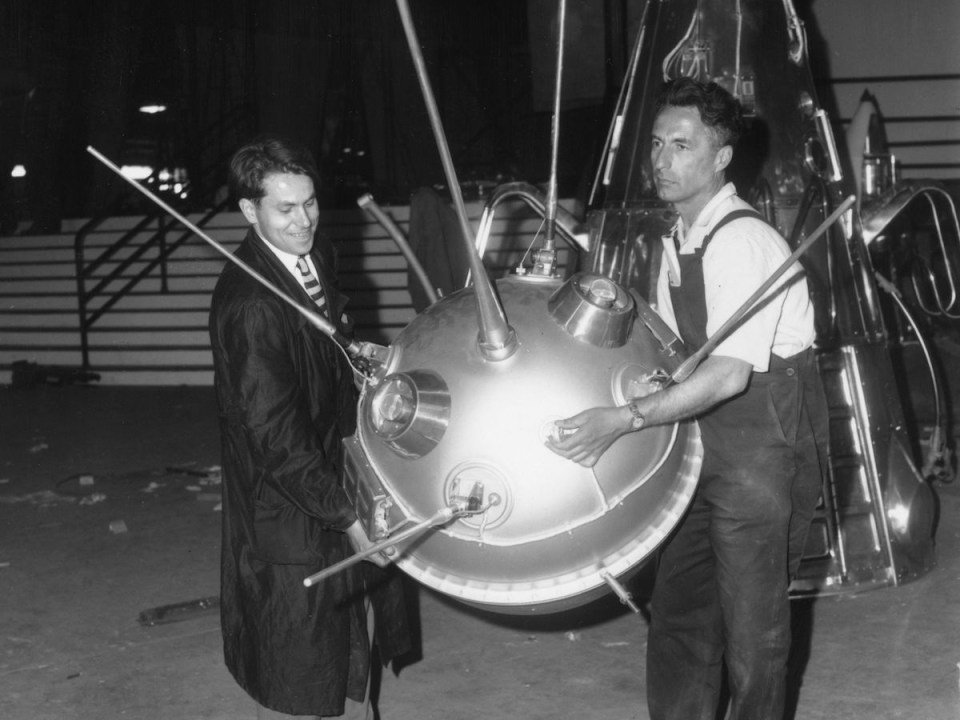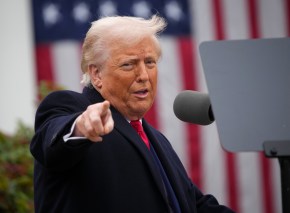My late mother proudly possessed a curious object: a tea cosy decorated with the image of a Sputnik. In 1957, when Russia launched the world’s first satellite, this item would have been a charmingly incongruous mix of old and new technology. But today, younger readers might struggle to identify the functions of both a tea cosy and the shiny, spiked silver ball that was Sputnik 1.
Back in the day, the world was shocked by the news that the Soviets had beat the West in the race to space. The New York Times mentioned the satellite in 279 articles in October 1957, the month of its launch. So profound was the surprise generated by the launch of Sputnik 1 that the same name ‘Sputnik’ has been applied to the emergence of China’s AI chatbot DeepSeek.
In the last week, a trillion dollars has been knocked off the share value of the corporations that have dominated the AI scene like Google and Meta. This

Get Britain's best politics newsletters
Register to get The Spectator's insight and opinion straight to your inbox. You can then read two free articles each week.
Already a subscriber? Log in







Comments
Join the debate for just £1 a month
Be part of the conversation with other Spectator readers by getting your first three months for £3.
UNLOCK ACCESS Just £1 a monthAlready a subscriber? Log in